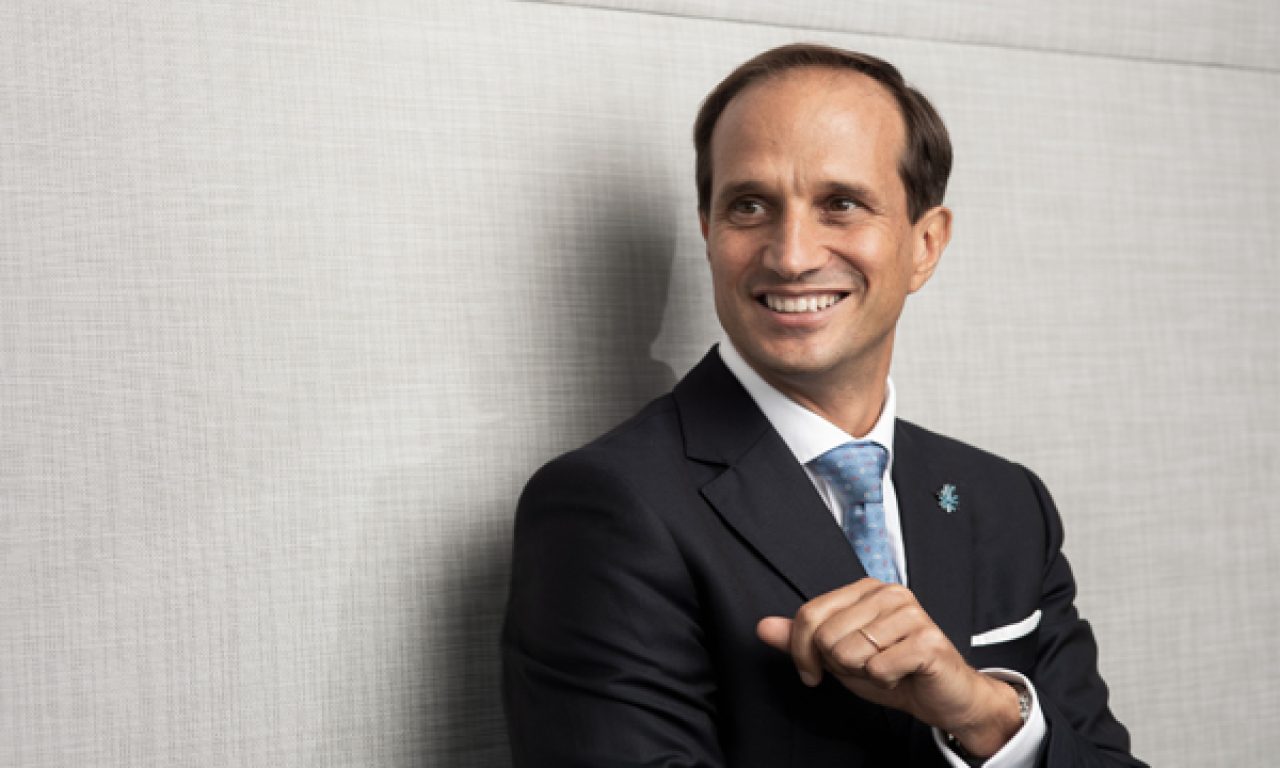by David Chaplin
AMP Capital will swing towards more-lucrative private markets as its ASX-listed financial services parent seeks to regroup after a disastrous couple of years. In a move that will see a reorientation of its listed markets fund business, Francesco De Ferrari, AMP’s chief executive, outlined the new private asset strategy for AMP Capital along with the group’s half-year results last week. “We have an opportunity to build the best global private markets platforms in the world, underpinned by our strength in real assets,” he said.
Last week the company also paid $460 million to buy back the 15 per cent of AMP Capital owned by Mitsubuishi UFJ Trust and Banking Corporation (MUTB). While AMP Capital will continue to distribute through MUTB in Japan, the deal hands full decision-making power back to the Australian headquarters. The emphasis on private assets also involves “refocusing public markets to support strategic partners”, according to AMP investor documents.
Under the revised approach the, for now, larger AMP Capital listed markets business divides into two camps: global equities and fixed income (GEFI); and, the multi-asset group (MAG). While it’s still unclear what the changes mean in practice, AMP says the GEFI group will explore “partnership opportunities to scale the business and accelerate growth”.
Elsewhere, the MAG multi-manager arm will forge even closer relationships with AMP Australia’s superannuation and retail investment business, the document says. The MAG change will create: “Better alignment with AMP Australia to create an end-to-end superannuation and investment platform business; coordinating simplification activity across [the] whole value chain.” Collectively, MAG and GEFI manage about A$130 billion, split almost equally, compared to just A$60 billion in the AMP private asset business (comprising infrastructure, real estate and ‘adjacencies’). But while AMP Capital’s private asset pool is half the size of the listed counterpart it generated more than 40 per cent more revenue over 2019. Private assets raked in revenue of $492 million last year, the document shows, compared to the $282 million for AMP Capital’s public markets funds.
Private market assets also saved AMP Capital’s dismal 2020 half-year net flow figures from an even worse fate: net flows from external clients into infrastructure ($1.7 billion) and real estate ($695 billion) were the stand-out sectors among a mostly sea of red.
In a post-results press conference, newly appointed AMP Capital chief executive, Boe Pahari, said the private assets business was primed for further growth. “We are already in the top 10 in infrastructure equity and debt,” Pahari said. “If you combine that with our domestic real estate business… we’re in an excellent position to capture that sort of wallet that goes to the large-scale players.” After taking over from former chief, Adam Tindall, in July, the new boss – appointed in controversial circumstances – immediately signalled the change of direction, stacking the leadership team with private assets executives: Simon Warner, global head of public markets, is the sole listed asset specialist at the top table.
Soon after his appointment in July, news broke that Pahari was ‘fined’ $500,000 for inappropriate behaviour towards a now ex-colleague in 2017. De Ferrari told media at the results briefing that “culture has always been one of our top priorities”. He said: “Given the recent events, I have now made it my number one priority,” he said. In the wake of the Pahari incident, AMP established an “inclusion taskforce”, headed by employees as well as ‘culture working group’ at board level.
AMP Capital’s year-on-year profit fell almost 40 per cent in the six months to June 30 to $72 million as the coronavirus crisis hit performance and transaction fees, the company says. Compared to the same period last year, all of the four AMP business units reported substantial profit downgrades including Australian wealth management (minus 43 per cent), bank (minus 30 per cent) and NZ wealth management (minus 18 per cent).
The AMP Australia wealth management business is facing a host of challenges including looming regulatory prosecutions, ongoing client remediation, lawsuits from various disgruntled investors as well as a class action issued on behalf of former and current advisers. According to AMP documents released last week, the company could also be in line for more legal problems emerging from its A$3 billion sale of its life insurance business to Resolution Life.
“On 11 August 2020, AMP received a notification from Resolution Life pursuant to the sale agreement of certain matters that Resolution considers may give rise to a claim against AMP under these provisions, in respect of which we are yet to complete our assessment of validity,” the results document says.
– Investment News NZ


